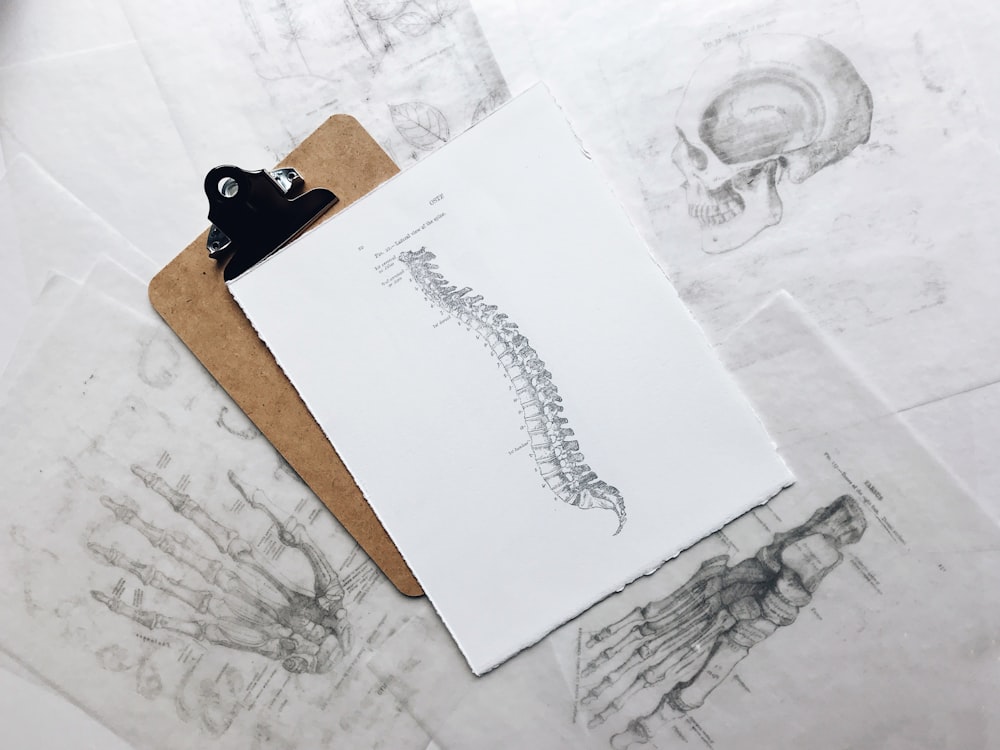The sciatica nerve starts on your backbone, crosses the hips & buttocks.
The sciatic nerve is the longest and most significant nerve of your body. It affects your control and feeling of your beings directly. You will have sciatica when this nerve is inflamed.
Sciatica is a sensation that might show up in your back, buttocks, and legs as moderate to severe pain. In certain regions, you may also sense weakness or stupidity.

Sciatica is a symptom produced by substantial sciatic neurological damage or an area that affects the nerve, such as the vertebrae that are the neck and backbones. At some point in your life, up to 40% of people will acquire it. When you mature, it gets more common.
Sciatica Signs
Sciatica is an extremely specific symptom. It is often sciatic when you get discomfort from your lower back throughout your buttocks area down your lower extremities.
The following may also be other signs:
- You may have pain with movement that gets worse.
- You may experience numbness or weakness in your legs or feet, often felt along your course of the sciatic nerve.
- May get the feeling that pins and needles have your toes or feet painfully knotted.
- You can experience incontinence because your bladder or bowels cannot be controlled. This is a rare symptom of the following Cauda Equina syndrome (CES) that demands quick attention.
Which Causes Sciatica?
Sciatica may be caused by multiple problems involving your spine and that may influence the back nerves. It can also be caused by injuries, such as dropping, or spinal or sciatic tumors.
The following describes common conditions that might lead to sciatica.
Disks With Hernia
Your spinal vertebrae are divided by cartilage fragments. Cartilage is filled with a thick, transparent material, which guarantees flexibility and coating when moving. When the initial layer of cartilage ribs, herniated discs result.
The substance inside your sciatic nerve might be compressed, leading to lower limb discomfort and numbness. It is believed that at some point in your life 1 to 5% of all individuals will suffer back discomfort from a slipped disc.
Stenosis Spinal
Spinal stenosis is often referred to as spinal stenosis of the lower back. The aberrant reduction of your lower spinal canal is characteristic. This reduction places strain on your backbone and on your roots of the sciatic nerve.
Spondylolisthesis
Spondylolisthesis is one of the related degenerative disease conditions. When a spinal bone or vertebra stretches over another, the stretched spinal bone can crush your nerves.
Syndrome Of Piriformis

Piriformis syndrome is an uncommon neuromuscular condition that automatically contracts or tightens your piriformis’ muscle, producing sciatica. The muscle that connects your lower back to your thigh bone is the Piriformis.
It can pull your sciatic nerve under pressure, resulting in sciatica if it tightens. If you sit down, fall, or endure a car crash, the piriformis syndrome might become more severe.
Sciatica Symptoms
The main symptoms include pain throughout the spinal cord from the bottom of the back to the flesh and downwards to the back.
Additional typical symptoms entail: Sciatica
- Stickiness in the nerve leg
- The sensation of tingling in the toes and feet
- This pain may be severely worsened and could be exacerbated by protracted sittings.
Our service will help you live pain-free! call us for more information.

